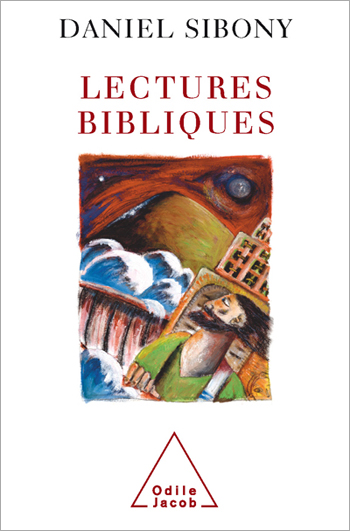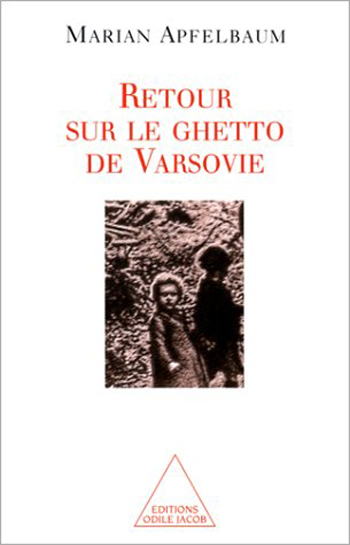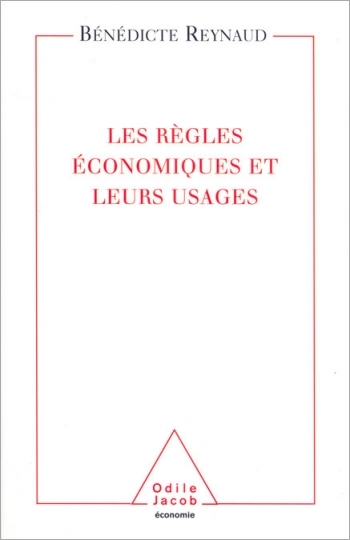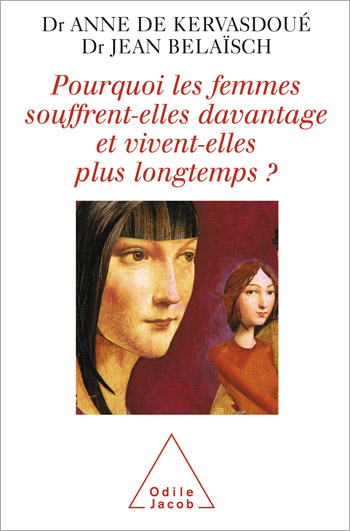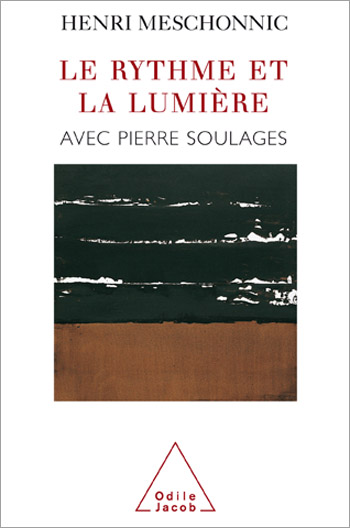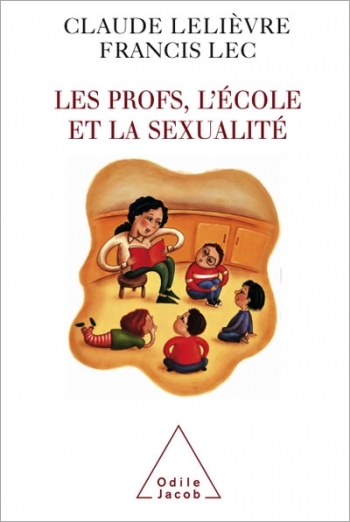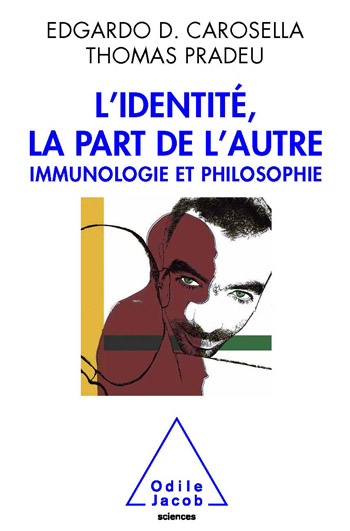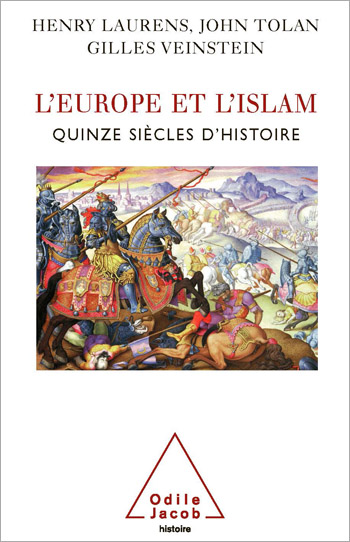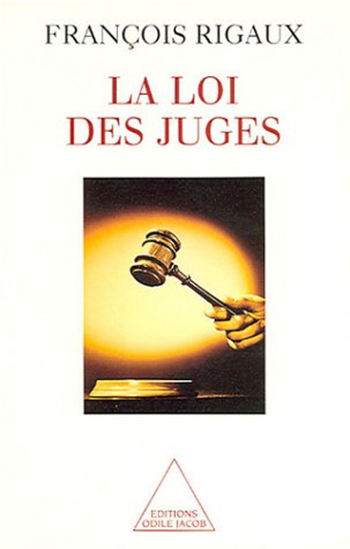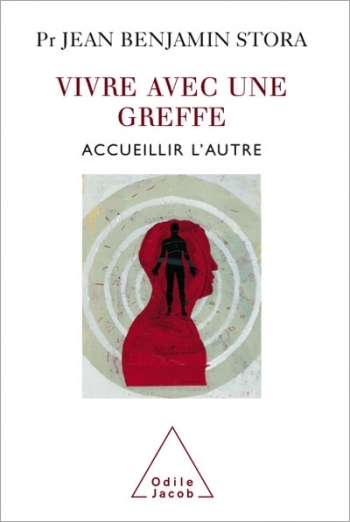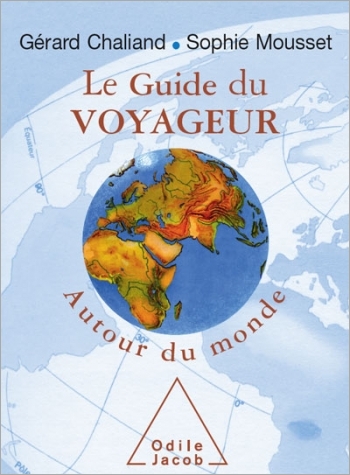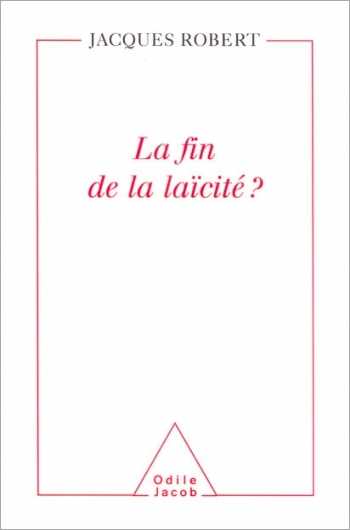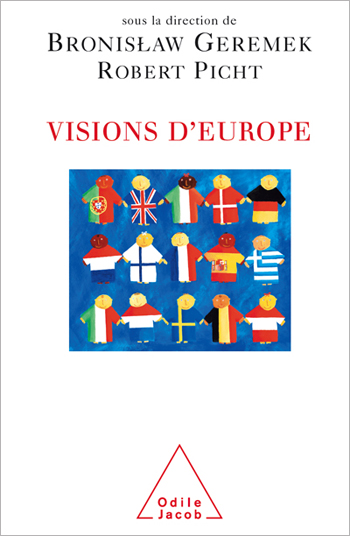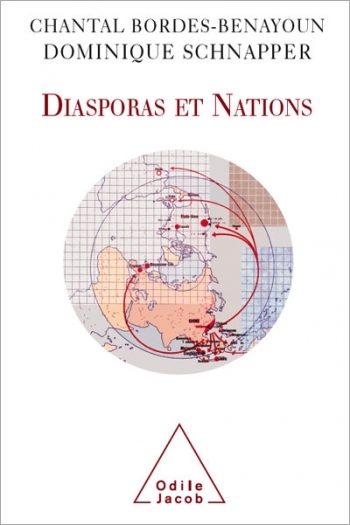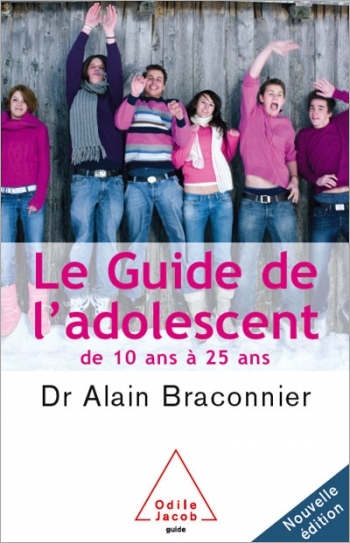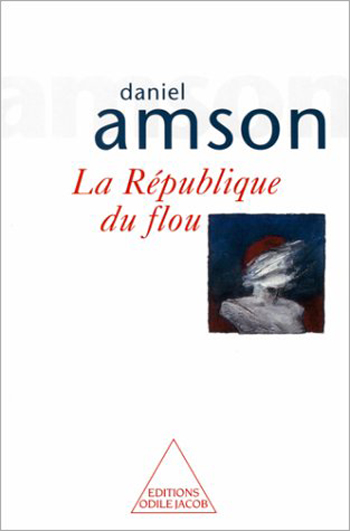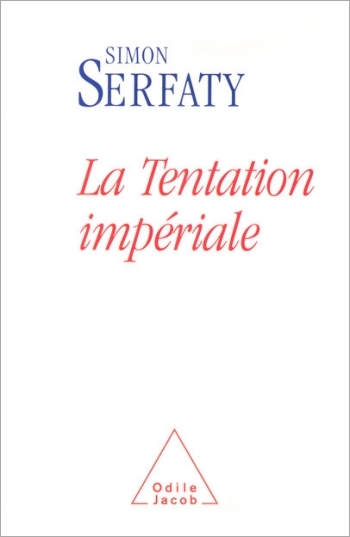Catalog All books
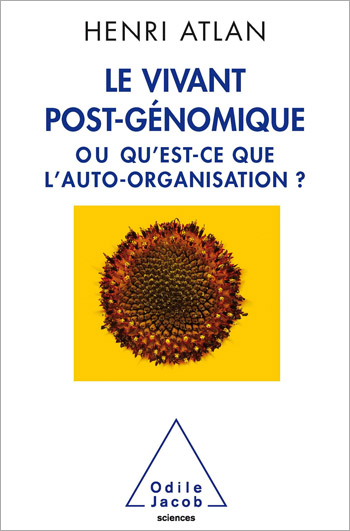
Henri Atlan
Postgenomic Life, or What is Self-organisation?)
We spontaneously associate the idea of organisation with that of human production: the fruit of artistic endeavour or rational planning...
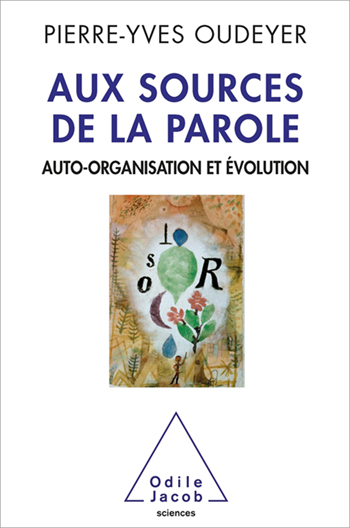
Pierre-Yves Oudeyer
Self-Organisation of Speech
The nature and evolution of language: the latest discoveries, at the crossroads of the neurosciences, linguistics and robotics
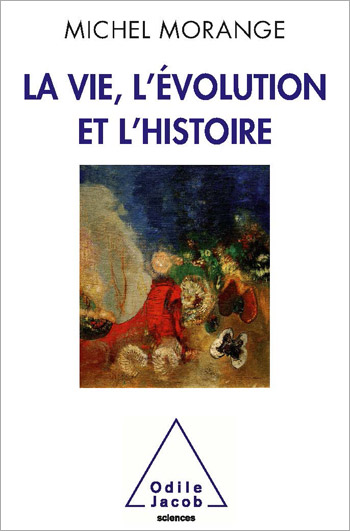
Michel Morange
Life, Evolution and History
In this unique general survey of contemporary research, Michel Morange reveals the recent convergence that is developing between two great segments of biology
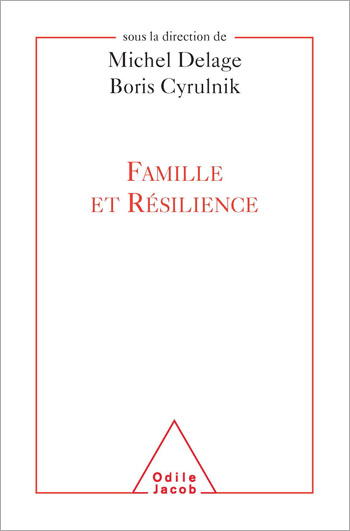
Michel Delage, Boris Cyrulnik
Family and Resilience
This book delves further into the notion of resilience, examining it in the light of the family group.
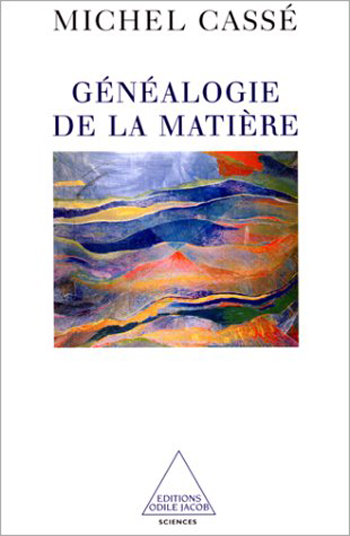
Michel Cassé
The Genealogy of Matter
Atoms originate in the stars. There is no real separation between the Earth and the sky, and matter forms one great whole, based on a series of nuclear reactions. Written in a lyrical, poetic style, this is a concise, clearly illustrated account of the birth of matter, aimed at the general reader. Michel Cassé is an astrophysicist and researcher at the CEA and the Institut Astrophysique, in Paris. He is the author of Du Vide et de la Création and La Petite Etoile.
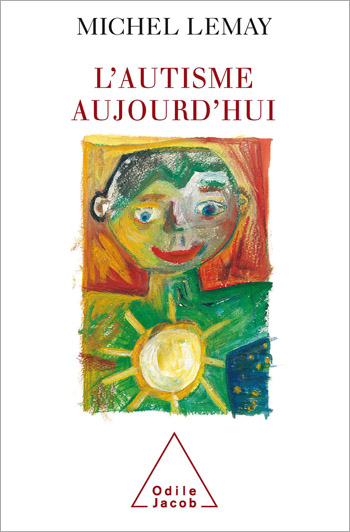
Michel Lemay
Autism Today
What do we know about autism today ? How can it be treated ? What is the cause ? In this book, the author offers a clear appraisal of the contributions and failures of various disciplines (psychoanalysis, neurobiology, genetics, chemical and drug treatment, and behavioural and cognitive therapies), and makes a case for a multidisciplary type of medicine. It offers both parents and professionals a great source of strength with which to fight against autism. Michel Lemay is a psychiatrist and professor of child and adolescent psychiatry. A world-renowned specialist in autism, he is the director of the clinic on autism and invasive development disorders at the Hôpital Sainte-Justine in Montreal.
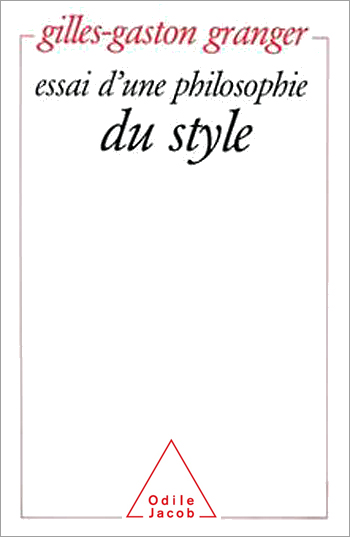
Gilles Gaston Granger
Essay on a Philosophy of Style
This work offers a definition of the generalized concept of style, considered not only in an aesthetic manner but also as it applies to all human works. The author applies this concept first to mathematical works, and then to the more familiar realm of language, before sketching the project of a human sciences stylistic, complementing a history of knowledge and epistemology of structures. Gilles-Gaston Granger is a specialist in epistemology and an honorary professor at the Collège de France.
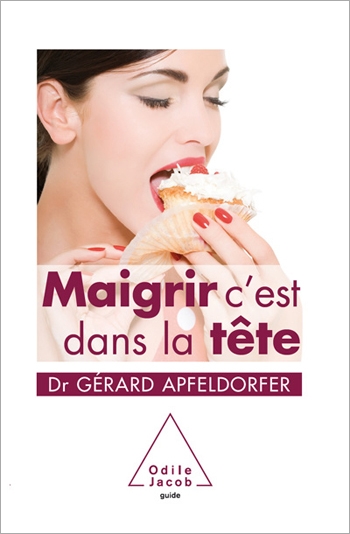
Gérard Apfeldorfer
Slimming: It’s All in the Mind
If to stay slim all one had to do was lose weight, then everyone (or nearly everyone) would succeed.
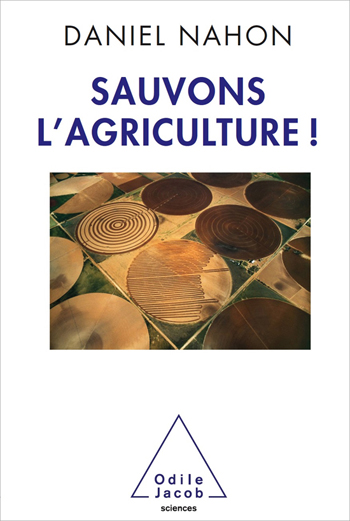
Daniel Nahon
How to Save Agriculture
Only a radical transformation of agriculture will enable us to feed all of humankind
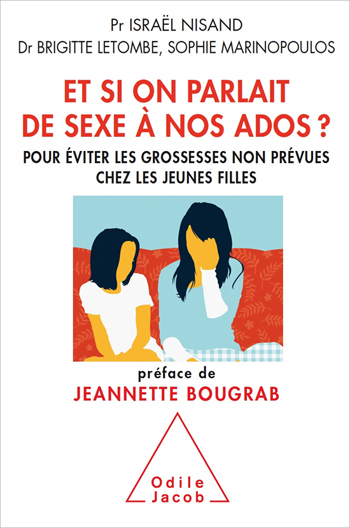
Israël Nisand, Brigitte Letombe, Sophie Marinopoulos
Let’s Talk to Teens About Sex How to Reduce the Number of Teenage Pregnancies
Teenage pregnancy is a serious problem in many countries yet the subject is often taboo
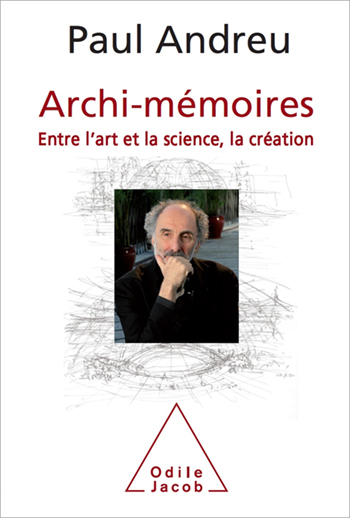
Paul Andreu
Memoires of an Architect
Reflections on creativity, art and science, by a major contemporary architect
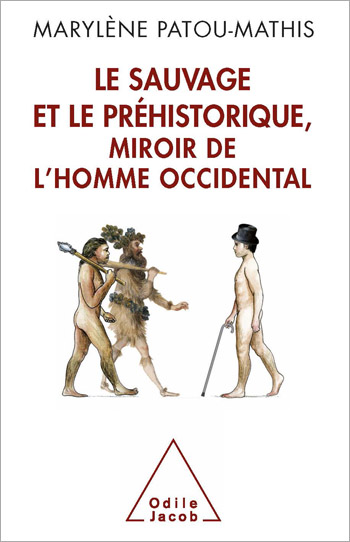
Marylène Patou-Mathis
The Savage and Prehistory, the White Man’s Mirror
Throughout history how has Western man regarded human beings that differ from him?
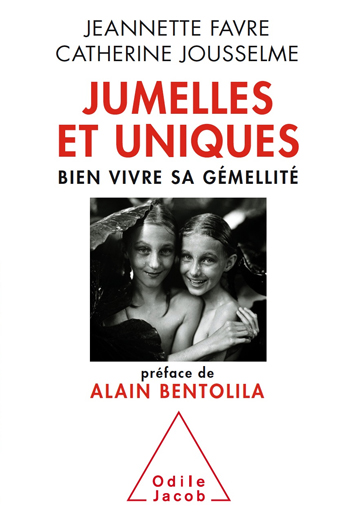
Jeannette Favre, Catherine Jousselme
A Twin and Unique Enjoying Being a Twin
This unusual testimonial will support and assist anyone who is closely or more distantly concerned with twins and twin births
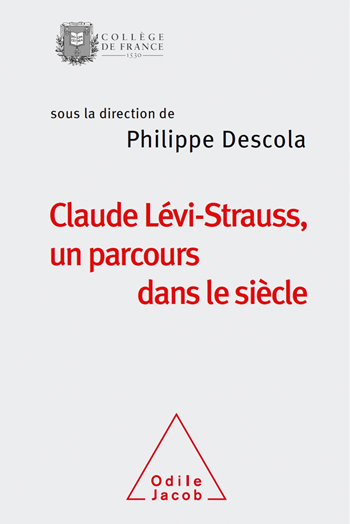
Philippe Descola
Claude Lévi-Strauss, A Journey Through the Century
Eminent specialists on Claude Lévi-Strauss, his disciples and intellectual heirs, from Brazil, Canada, France and the U.S., give us a wide-ranging view of every facet of the works and thought of the author...
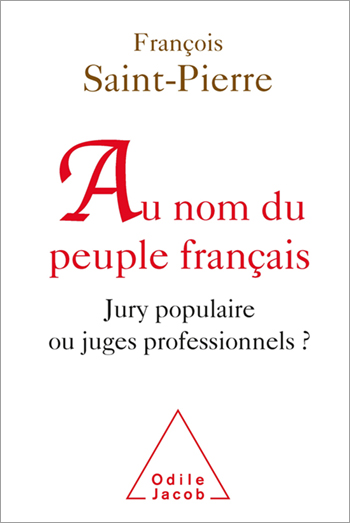
François Saint-Pierre
In the Name of the French People Trial by Jury or by Professional Judges?
Who should judge serious crimes?

